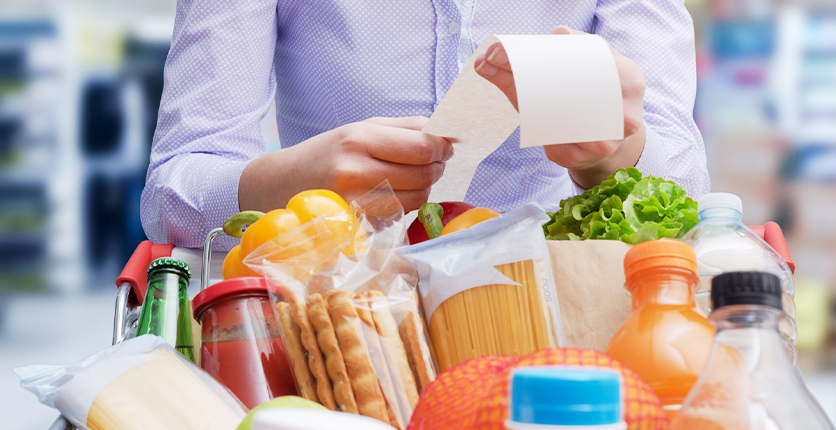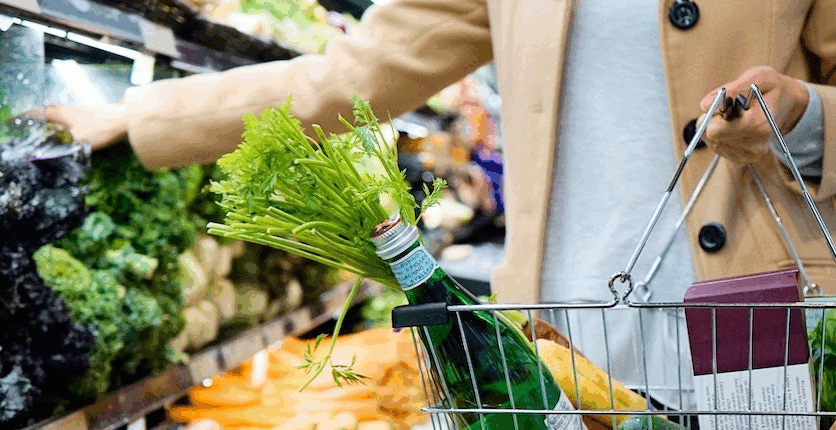Like the rest of the world, Singapore is currently dealing with rising food inflation. Because we import as much as 90% of our food from more than 170 countries and regions, we are particularly vulnerable to supply disruptions, trade bans and other external factors that can affect food prices. According to the Monetary Authority of Singapore, food inflation rose from 4.1% in April this year to 5.4% in June. In the second half of this year, that figure is expected to climb to 8.2%.
Thankfully, there are ways to deal with rising grocery prices, and it doesn’t involve avoiding the supermarket or subsisting on instant noodles. Here are seven tips to keep in mind the next time you’re shopping or cooking.
1. Make a shopping list
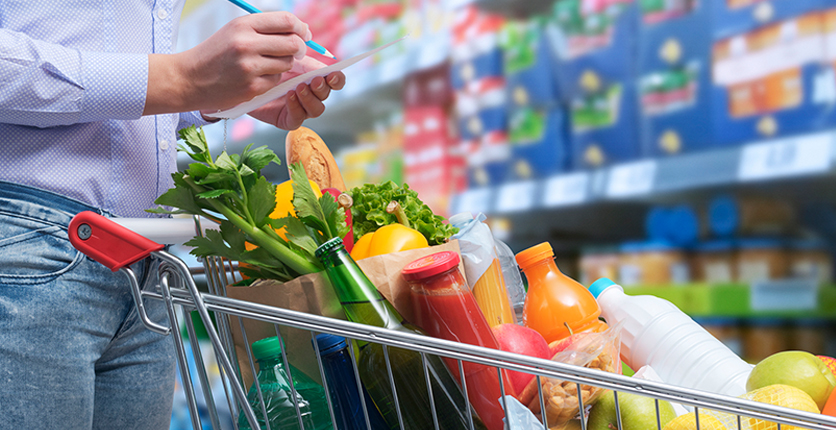
Plan your meals a few days in advance, so you’ll know what ingredients you need to shop for. Stick to your shopping list so you don’t end up wasting money on products you don’t need and won’t use. Before heading to the supermarket, research the weekly specials and check if any items on your list have been discounted. Remember to follow the budget you’ve set for yourself.
2. Look out for near-expired food
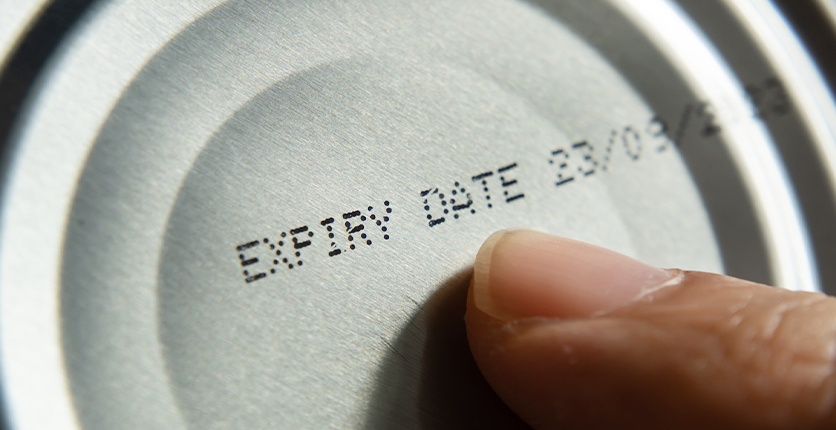
Some big supermarkets often discount products that are close to or past their expiry date. But near-expired food isn’t as bad as it sounds, says dietician Meenu Agarwal from Food N Wellness with Meenu Agarwal.
“Near-expired dried products like nuts, seeds and dried fruit, fresh fruit, canned items like beans and vegetables, and even bread, are usually safe to consume within a day or two after purchasing. And in fact, some canned foods can still be eaten a couple of days after they have expired.”
Food that is wet or chilled, like milk, tofu and yogurt should not be consumed after the expiry date, she warns.
3. Buy in bulk
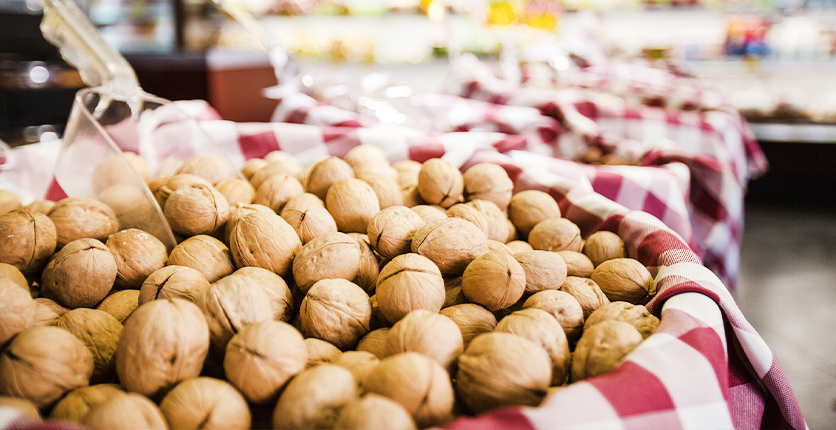
Bulk-buy items like grains, beans, dried fruit and nuts are usually cheaper if purchased in large amounts, and the great thing about them is that they can be stored for longer than fresh or frozen food, says Meenu. As long as you transfer them to proper containers and store them at the right temperature, they should last you a while. If you don’t think you can finish a huge bag of, say, dried beans on your own, share it with your neighbours and friends so you can all split the cost.
Have ocean-fresh seafood delivered to your doorstep from ACE Fish Market – SAFRA members enjoy 10% off regular-priced items. More info at safra.sg/promotions/ace-fish-market-Year-long
4. Spend on seasonal and local produce

Avoid buying imported fruit and vegetables and get locally grown, seasonal produce instead – these cost way less to transport to the supermarkets and are in abundant supply, so they’re cheaper. You can also purchase directly from local farms, some of which offer subscription boxes (once again, you can share the cost of these boxes with your neighbours to save money).
“Locally grown, seasonal produce is also fresher than imported varieties,” Meenu adds.
Enjoy locally-farmed barramundi from Kuhlbarra – SAFRA members receive 20% off with minimum $120 spend. More info at safra.sg/promotions/Kuhlbarra
5. Stock up on convenience foods
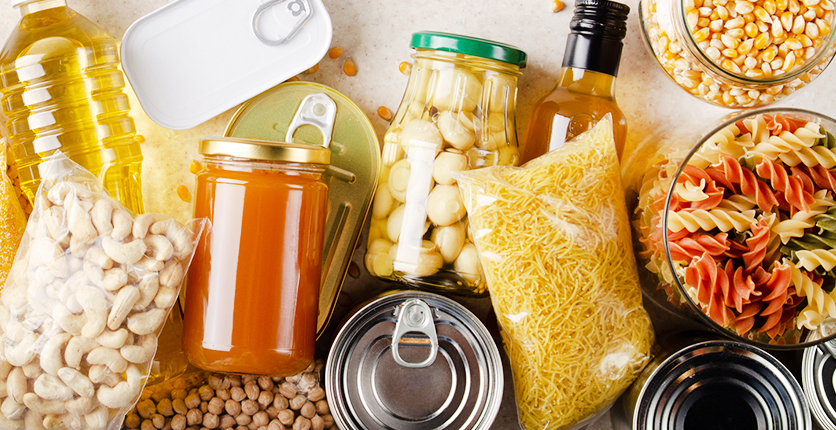
Convenience foods like dried noodles and pasta, canned fish, frozen and canned vegetables and fruit, and canned and dried beans are affordable and can be kept for longer than their fresh counterparts. They’re great to have in the pantry or freezer as they can be transformed into healthy meals in minutes.
Meenu says to avoid buying convenience foods that contain high levels of sodium, sugar, trans fats, and harmful preservatives and additives like sodium nitrate, sodium nitrite, high-fructose corn syrup and BHT (Butylated Hydroxytoluene).
6. Get creative with leftovers
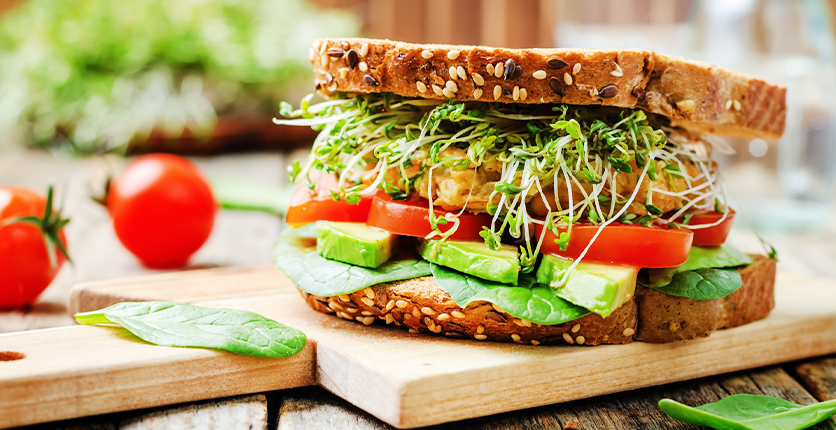
Don’t throw away leftovers. Instead, use them to create new meals. Meenu says that leftover cooked vegetables can be added to sandwich fillings or combined with flour and shaped into veggie burgers. Leftover rotisserie chicken and other meats can be shredded or diced and added to salads.
7. “Stretch” expensive cuts of meat
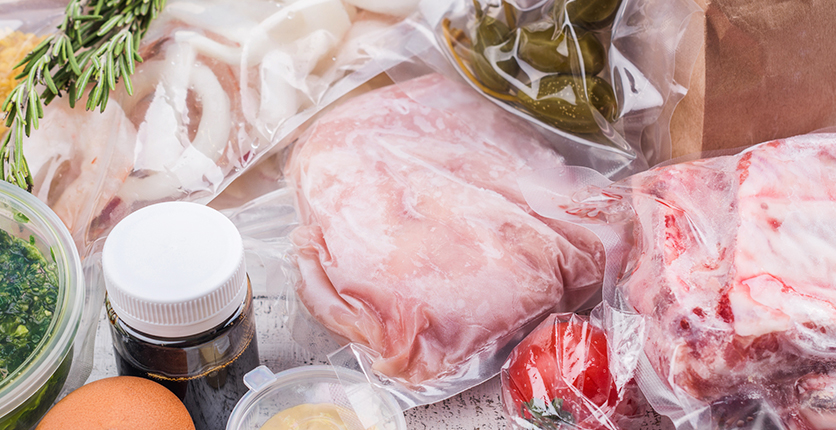
Get more than one meal from that pricey steak, pork chop or salmon fillet. Divide the meat or fish into two or three pieces, depending on their size, so you can have them for two or three meals.
To each piece of meat or fish, Meenu suggests adding side dishes like quinoa or rice, vegetables, and a serving of beans or tofu.
“You’ll end up eating less meat this way, plus, the side dishes will fill you up and make the meal nutritionally balanced.”
Want more articles like this, and other lifestyle content right in your inbox? Download the new SAFRA mobile app and opt in for the eNSman Newsletter – you don’t need to be a SAFRA member to subscribe – and never miss another story!
